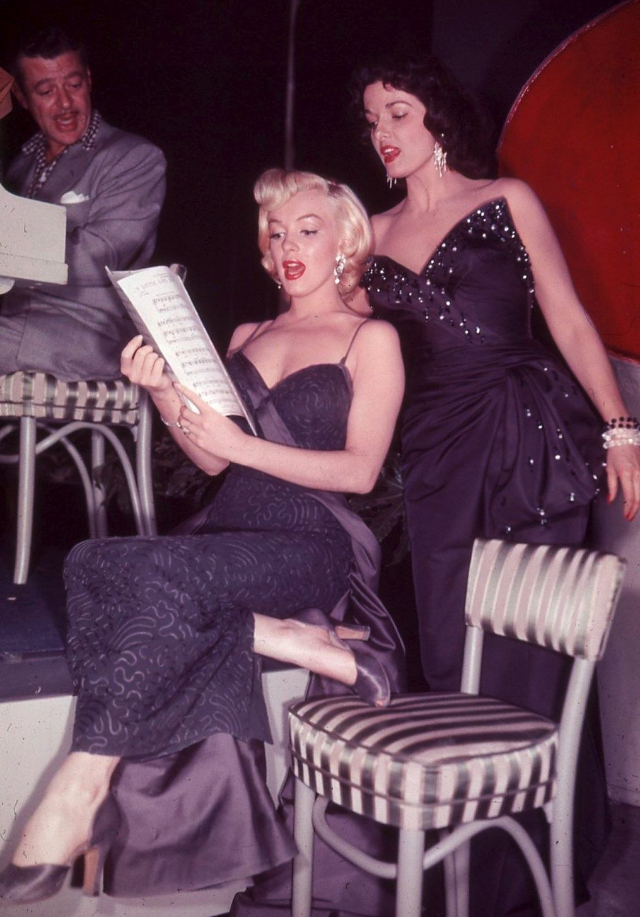The Song of Liberation: Mauthausen, May 1945
May 1945. The barbed wire of Mauthausen, which had held so many lives captive, had just given way under the advancing Allied forces. In the air saturated with dust and silence, the first moments of freedom asserted themselves with a fragile and overwhelming force. The survivors, exhausted by years of forced labor, hunger, and brutality, emerged from the barracks like shadows. Their bodies were weak, their faces hollowed by suffering, but in their eyes already shone a spark: that of survival.
Among them was a small group too weak to stand. They sat with clasped hands, their shoulders emaciated, unable to walk toward the light. Yet, in this state of extreme fragility, they found the strength to do something unexpected: they began to sing. A soft song, almost whispered at first, but gradually growing stronger. It was a lullaby in Yiddish, the language of their childhood, the language of memory and culture. This melody, once hummed by mothers to their children, now resonated in the grim space of a concentration camp.
The Allied soldiers, who had arrived as liberators, were struck by this scene. In an instant, they understood that this song was not a simple air of consolation, but a proclamation of humanity rediscovered. Then, spontaneously, they removed their helmets. They stood in silence, heads bowed, paying homage to these survivors who, despite the destruction, still found the strength to raise their voices. It was a suspended moment, where military uniforms and bruised bodies came together in a single reverence.
Every word of this Yiddish lullaby carried within it centuries of culture, tradition, and memory. In the camps, language had been stifled, voices repressed, identity denied. To sing was to resist. To sing was to refuse erasure. This lullaby became more than a melody: it was proof that the spirit could not be broken, mine in absolute horror.
A survivor would later testify: “That song was the sound of freedom.” She was right. For in each note resonated both the pain of loss and the affirmation of life. The song became both a shroud and a rebirth: a tribute to the lost and a promise of the future.
For the Allied soldiers, battle-hardened but ill-prepared for the spectacle, it was a revelation. They had come as liberators, weapons in hand, but the song taught them another truth: freedom is not measured solely by the absence of chains, but by the ability to speak, to sing, to cry. By removing their helmets and standing in respectful silence, they were paying homage to a victory even greater than their own: that of the human spirit.
This silence was heavy, but inhabited. It connected the soldiers to the survivors, in an exchange where words were useless. The music spoke for them. It crossed the barriers of language, status, and pain. It created a sacred space, a moment of universal communion.
In a place designed to destroy, where every day was a struggle for a piece of bread or a drop of water, singing was impossible. Yet these men and women did it. By raising their voices, they reclaimed what the camp had tried to steal from them: their identity. The lullaby in Yiddish, sweet and simple, became a cry of resistance. A declaration that Jewish culture, human dignity, and collective memory could not be annihilated.
Memory , resilience , fraternity , and humanity crystallized in these fragile notes. They carried the promise that beyond the barbed wire, life remained possible. They proclaimed that in the darkest darkness, the light of hope could be reborn.
Even today, this story resonates as a universal lesson. It reminds us that freedom is not just a political or military state, but an intimate and spiritual experience. It lies in the ability to sing one’s language, to transmit one’s culture, to fully exist in one’s identity. The song of Mauthausen has become a symbol: that of a silent but resounding victory over barbarism.
Through this lullaby, the survivors sent a message to future generations: never forget. Remember that behind every number, every statistic, there were voices, songs, lives interrupted but not erased. To sing was to inscribe in eternity the existence of those whom we had wanted to make disappear.
In our contemporary world, where fractures and conflicts once again threaten human dignity, the story of this lullaby takes on a particular resonance. It reminds us that true strength lies not in arms, but in the ability to preserve memory and transmit humanity .
Every time an oppressed community finds the courage to sing, to tell, to bear witness, it accomplishes the same gesture as those survivors of Mauthausen: it transforms pain into hope, forgetting into memory, fear into regained dignity.
On the day the ports of Mauthausen opened, freedom was not proclaimed with speeches or parades. It was sung, in a language that had been tried to be erased, by voices that had been tried to be silenced. And this song, fragile but indestructible, still resonates today.
It teaches us that true liberation is not just the end of captivity, but the rebirth of hope , dignity , and brotherhood . The Yiddish lullaby, sung by exhausted but invincible bodies, remains one of the most beautiful symbols of human resistance.
It was more than a song. It was a victory. It was my breath of life taking up its eternal song in the heart of the ruins.






